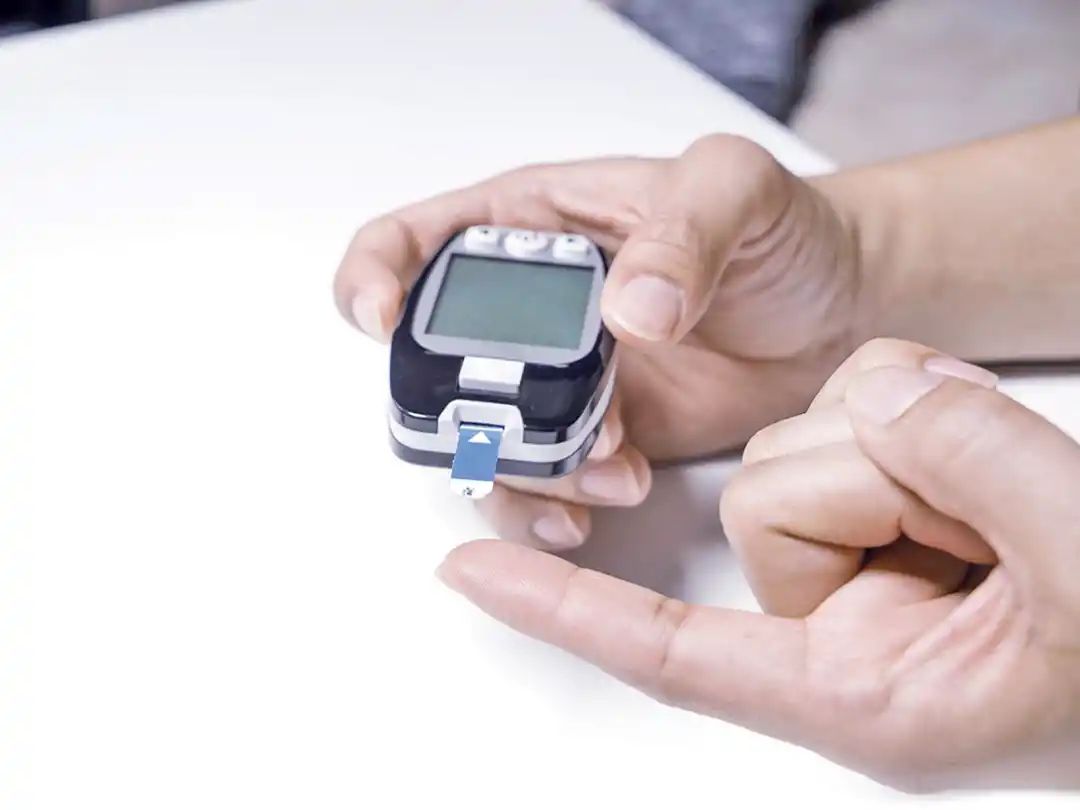Ahmedabad: As per another review, individuals with type 2 diabetes analyzed during youth have a high danger of creating intricacies at early ages and have a more prominent possibility of different entanglements inside 15 years after conclusion.
The findings of the study were published in the New England Journal of Medicine.
The results of the study are the culmination of a first-of-its-kind trial funded largely by the National Institute of Diabetes and Digestive and Kidney Diseases (NIDDK), part of the National Institutes of Health.
Within 15 years of a type 2 diabetes diagnosis, 60 per cent of participants had at least one diabetes-related complication, and nearly a third of participants had two or more complications, according to results of the Treatment Options for Type 2 Diabetes in Adolescents and Youth (TODAY) follow-up study, called TODAY2.
“The original TODAY study showed that youth-onset type 2 diabetes is distinct from adult-onset diabetes – it is both more aggressive and more difficult to control,” said Dr Barbara Linder, NIDDK project scientist for TODAY.
“By following this unique disease course, TODAY2 shows the devastating complications that can develop in what should be the prime of these young people’s lives,” added Dr Linder.
TODAY2 involved 500 original participants from the TODAY study, which began in 2004. TODAY was the first major comparative effectiveness trial for the treatment of type 2 diabetes in youth. The study compared three treatments for managing blood glucose: metformin alone, metformin plus rosiglitazone, and metformin plus intensive lifestyle intervention. Metformin is the only oral medication approved by the US Food and Drug Administration to treat type 2 diabetes in youth.
At the time of enrolment, participants were between the ages of 10-17, had been diagnosed with type 2 diabetes for fewer than two years, and were overweight or had obesity. The average age of participants after the TODAY2 follow-up was 26 years.
Participants in TODAY2 were monitored annually for signs of diabetes complications, including heart disease, kidney disease, diabetic foot complications, and to report other health events. Diabetic eye disease was assessed once during the study, at the seven-year study visit.
Overall, researchers saw a steady decline in blood glucose control over 15 years. In addition:
- 67 per cent of participants had high blood pressure
- Nearly 52 per cent had dyslipidemia or high-fat levels in the blood
- Around 55 per cent had kidney disease
- 32 per cent had evidence of nerve disease
- 51 per cent had eye disease
Rates did not differ based on the original TODAY study treatment group assignment.
“This study shows the importance of treating youth-onset type 2 diabetes intensively from the beginning and using all available approaches to control blood glucose and prevent, delay, or aggressively treat developing complications,” said TODAY2 study chair Dr Philip Zeitler, professor of paediatrics-endocrinology at the University of Colorado School of Medicine.
Keeping this in mind, Ahmedabad Mirror presents a new weekly column on diabetes. Beginning soon, Dr Prakash Kurmi, eminent diabetologist, will share his expertise and advise readers on all queries related to the deadly lifestyle disease.



